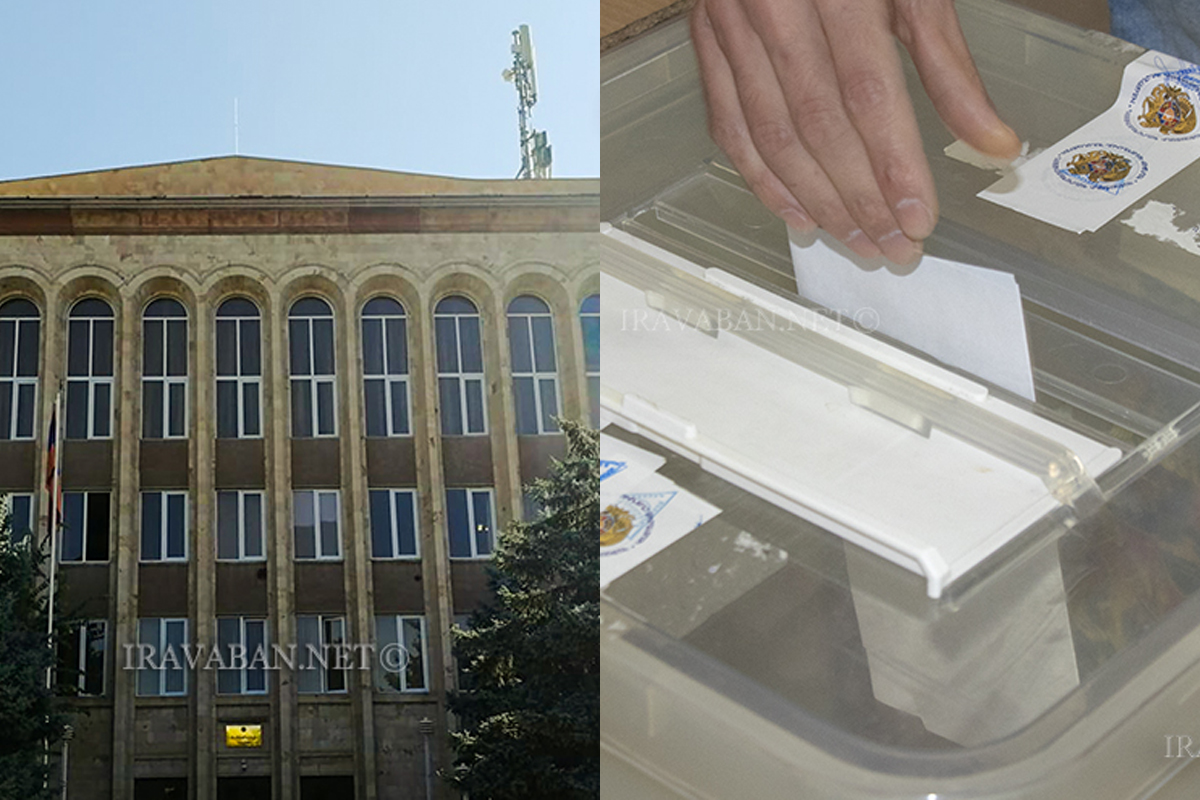The spokesperson of the Constitutional Court Eva Tovmasyan informs:
“Taking into account that the so-called “electoral disputes” are frequent in recent days, I briefly present the procedure for resolving disputes related to the decision made as a result of the National Assembly elections in the Constitutional Court.
Thus, the parties or alliances of parties participating in the elections can apply to the Constitutional Court on the 5th day after the official announcement of the results, until 18:00.
Then, the staff of the Constitutional Court checks the compliance of the application with the requirements of Articles 24-25 of the Constitutional Law of the Republic of Armenia “On the Constitutional Court”.
a. If the application does not meet these requirements, the applicant will be notified within 24 hours after submitting the application, after which the applicant may re-apply to the Constitutional Court within 3 days with a matched application.
In case the applicant does not re-apply to the Constitutional Court within the established timeframe, submitting the application complied with the requirements of the law, the staff of the Constitutional Court shall return the application to the applicant within one day, indicating the appeal procedure.
The applicant can appeal the return of the application within 3 days. The decision on this issue is made by 3 judges of the Constitutional Court no later than 1 day after the submission of the complaint.
b. If the application complies with the requirements of Articles 24-25 of the Constitutional Law on the Constitutional Court or the application is complied with and re-submitted to the Constitutional Court, the preliminary examination stage of the application begins, which must be completed no later than the Constitutional Court, within the period defined by sub-clause 6 of clause 27 of the Rules of Procedure. At the same time, by the decision of the Rules of Procedure of the Constitutional Court or the President of the Constitutional Court, other deadlines for the preliminary examination of the application may be established. When making a decision on extending the term of the preliminary examination of the application, the President of the Constitutional Court shall take into account the term provided for the examination of the given case by the Constitutional Law of the Republic of Armenia “On the Constitutional Court”.
Based on the results of the preliminary examination, the judge of the Constitutional Court conducting the preliminary examination of the application shall prepare a report on the observance of the requirements defined by the RA Constitutional Law on the Constitutional Court, which shall be addressed to the President of the Constitutional Court.
After receiving the notification, the President of the Constitutional Court convenes a working session of the Constitutional Court within a reasonable time to resolve the issue of accepting the case for examination.
The adjudication of disputes related to the decision made as a result of the National Assembly elections is carried out by oral procedure.
The Central Electoral Commission is involved in the trial as a respondent.
The Constitutional Court shall make one of the following decisions on the settlement of disputes related to the decision made as a result of the National Assembly elections:
- on upholding the decision adopted upon the results of elections of the National Assembly;
- on declaring the decision adopted upon the results of elections of the National Assembly as invalid, and;
- declaring the results of elections as invalid;,
- declaring the results of elections as invalid and prescribing the procedure for distributing mandates;
- calling a second round of elections.
With regard to the cases referred, the Constitutional Court shall adopt a decision no later than 15 days after the submission of the application.
The settlement of disputes related to the decision adopted as a result of the National Assembly elections is defined by Article 77 of the Constitutional Law of the Republic of Armenia “On the Constitutional Court”.















